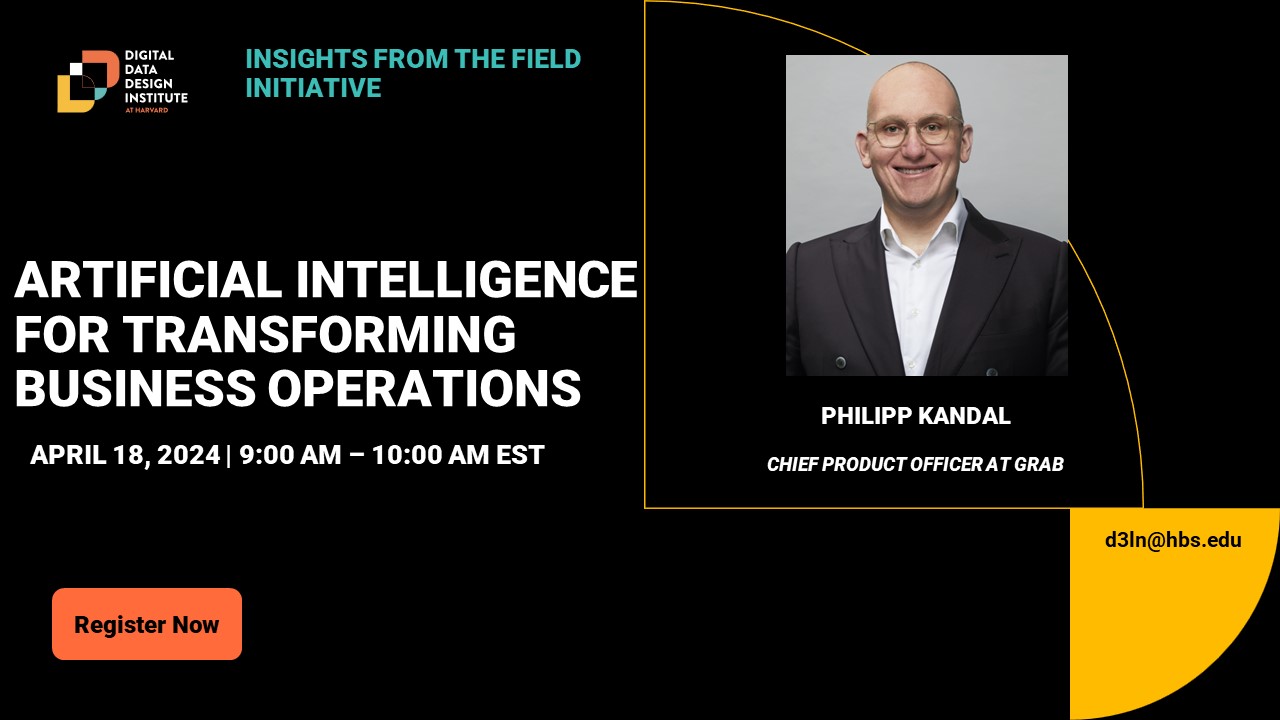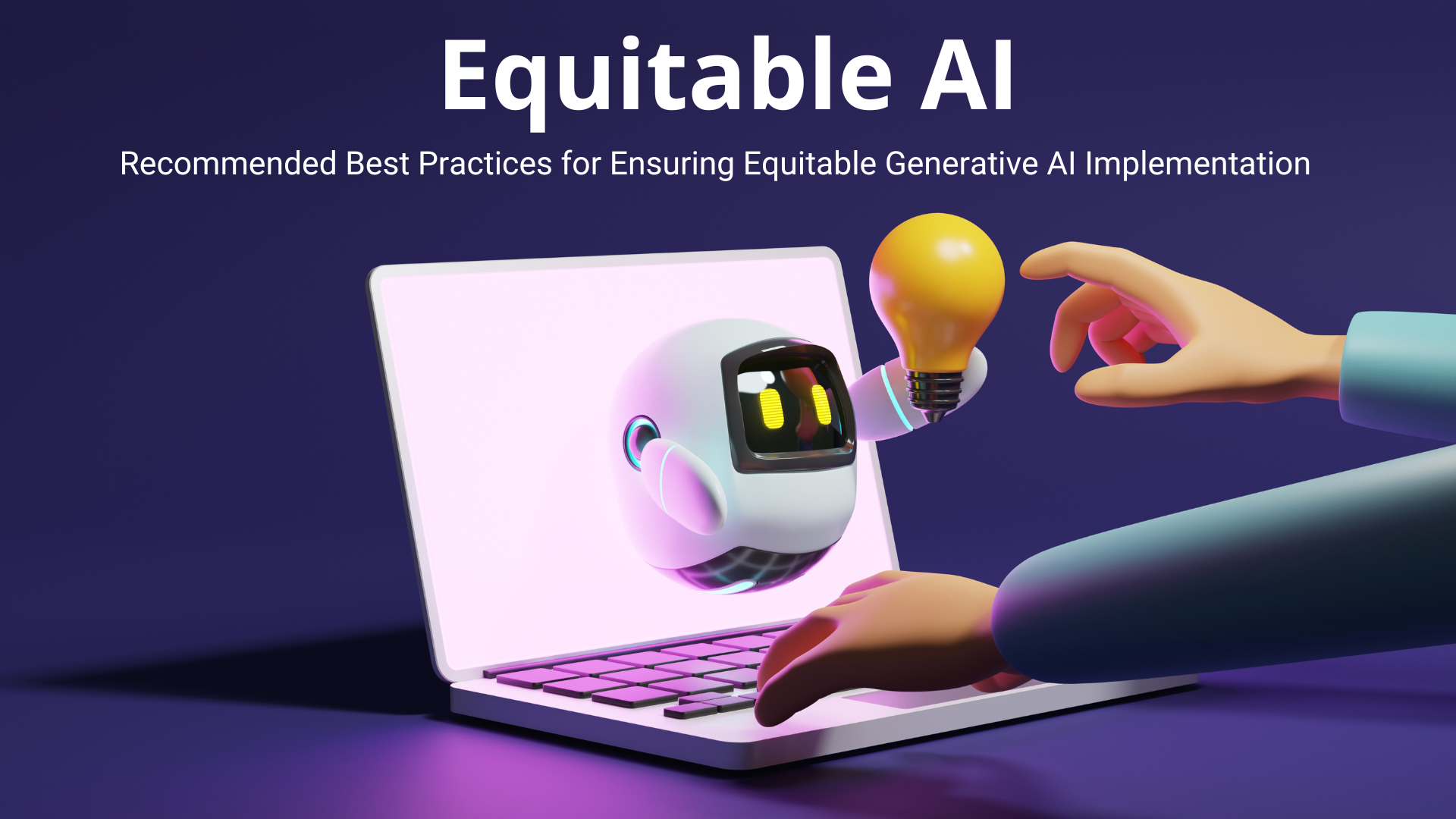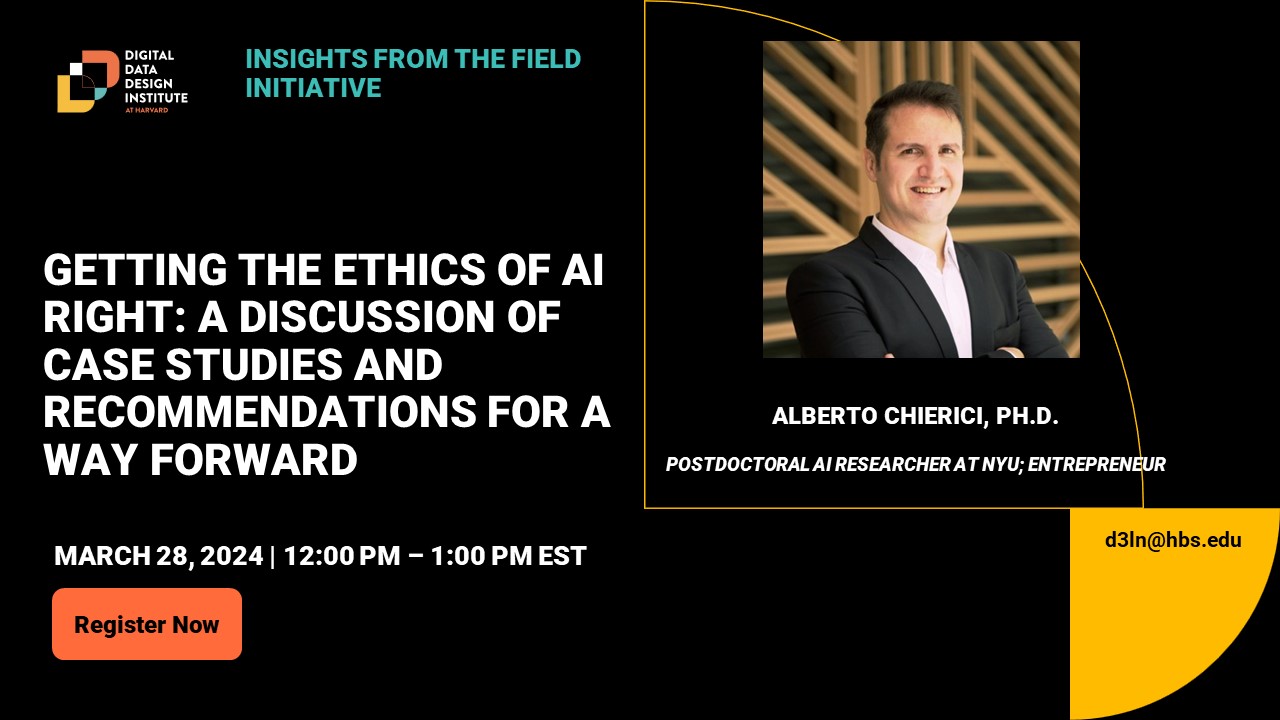
Insight: How to Radically Transform Business Operations with AI
Artificial intelligence has the potential to radically transform the operational aspects of businesses. Delivery businesses are a quintessential example of where such an AI-enabled transformation could occur. For example, companies like Grab (Southeast Asia’s largest all-in-one digital platform provider) employ cutting-edge AI algorithms to enhance overall efficiency of its delivery fleet. Grab leverages complex machine learning algorithms to predict delivery demand and to manage logistics, thereby increasing customer satisfaction. Such applications of AI could help businesses cut down on cost and allocate resources more efficiently, improve the on-the-job experience for their employees, and understand the needs of their customers better to provide the holistic service their customers need when they need it.






